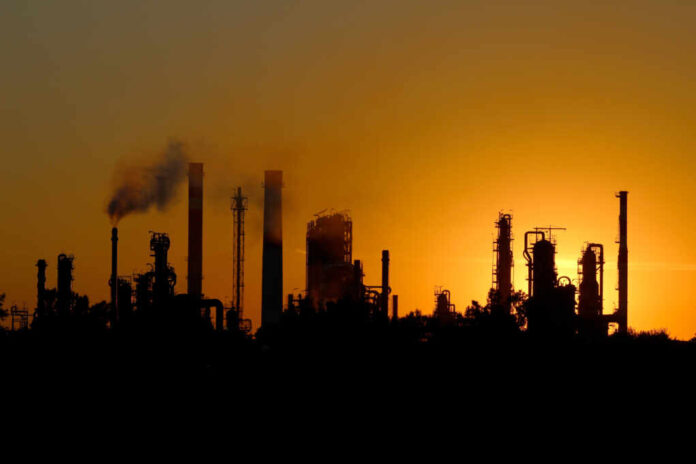
On March 25, Bucks County, Pennsylvania, took legal action against some of the world’s largest oil producers and an industry group. The lawsuit claims Big Oil is responsible for causing climate change and frequent and intense weather disasters. The new case joins a growing list of similar lawsuits pending across the United States that seek to hold the fossil fuel industry financially responsible for alleged climate-related damages.
The core of Bucks County’s lawsuit is the assertion that major oil companies have been aware of their products’ detrimental effects on the environment since the 1950s. Yet, instead of altering their business practices or warning the public, these companies allegedly misled and deceived, contributing to a wide range of environmental catastrophes. The lawsuit demands that these companies contribute to the costs of mitigating the damages caused by climate change. Of course, the bill will fall on every consumer and taxpayer.
Updated: Newest climate lawsuit follows familiar playbook pushed by well-funded climate activist groups https://t.co/sfgSihQ9y4
— John Solomon (@jsolomonReports) April 1, 2024
The defendants in the case, including BP, Chevron, ConocoPhillips, ExxonMobil, Phillips 66, Shell, and the American Petroleum Institute, have said they will aggressively defend against the claims. Through attorney Theodore J. Boutrous Jr., Chevron emphasized the need for a coordinated international policy response to climate change rather than litigation. Similarly, the American Petroleum Institute highlighted the efforts of the industry to provide affordable, reliable energy while working to reduce emissions over the past two decades.
Critics argue that the lawsuit, and others like it, are part of a more extensive, well-coordinated campaign by climate activist groups such as the Center for Climate Integrity. Funded by anti-fossil fuel organizations, these groups are accused of pushing a political agenda under the guise of environmental conservation. The Center for Climate Integrity, in partnership with other entities, has been actively encouraging local governments to file these lawsuits, claiming that legal action is necessary to hold oil and gas corporations accountable for their role in climate change.
The debate surrounding these lawsuits goes beyond legal arguments to touch on more profound questions about the fossil fuel industry’s role in society. Fossil fuels account for a significant portion of the world’s energy supply and are integral to numerous products and services. Critics of the lawsuits warn that should these legal actions succeed, the resulting financial burden would inevitably be passed on to consumers, making everyday expenses more costly for everyone.
Moreover, some experts argue that the lawsuits do not contribute to practical solutions for mitigating the impacts of climate change. Instead, they may divert attention and resources from practical measures that could improve environmental conservation and human well-being.
The complex science of climate change, with its inherent uncertainties, also casts doubt on the direct blame placed on oil companies by these lawsuits. While it’s undeniable that fossil fuel consumption contributes to greenhouse gas emissions, the extent of its impact on specific weather events and long-term climate patterns remains a subject of ongoing research and debate.
As this and similar lawsuits progress through the judicial system, they highlight a critical tension in the fight against climate change: the balance between holding industries accountable for past actions and working collaboratively toward sustainable solutions.
















